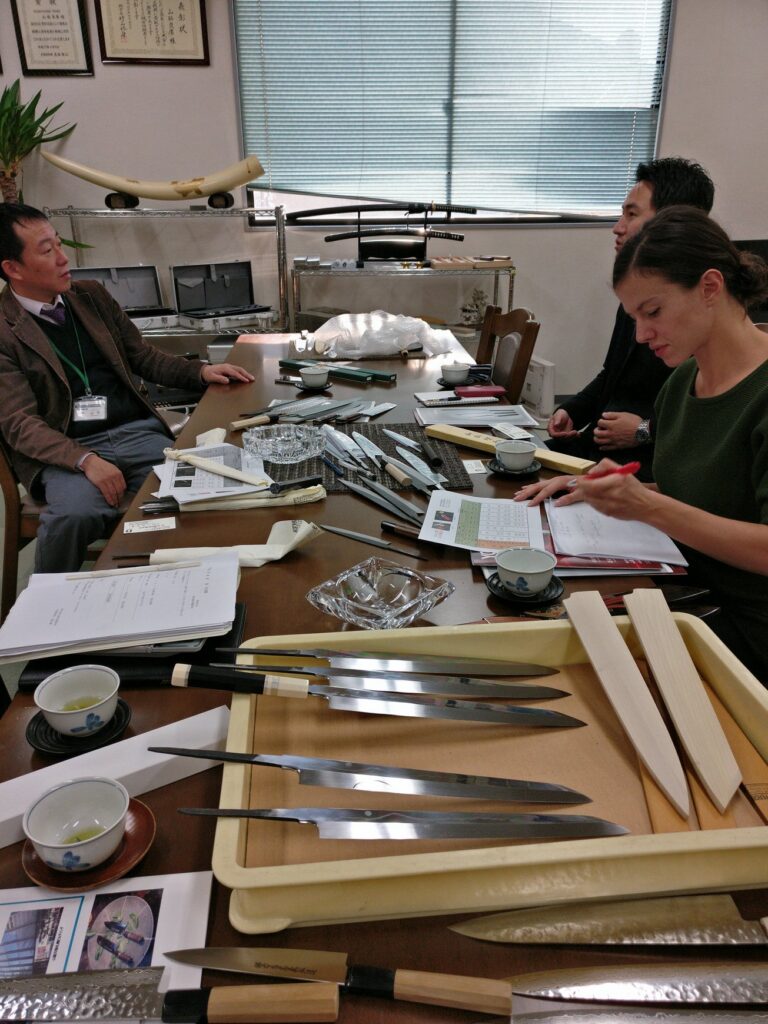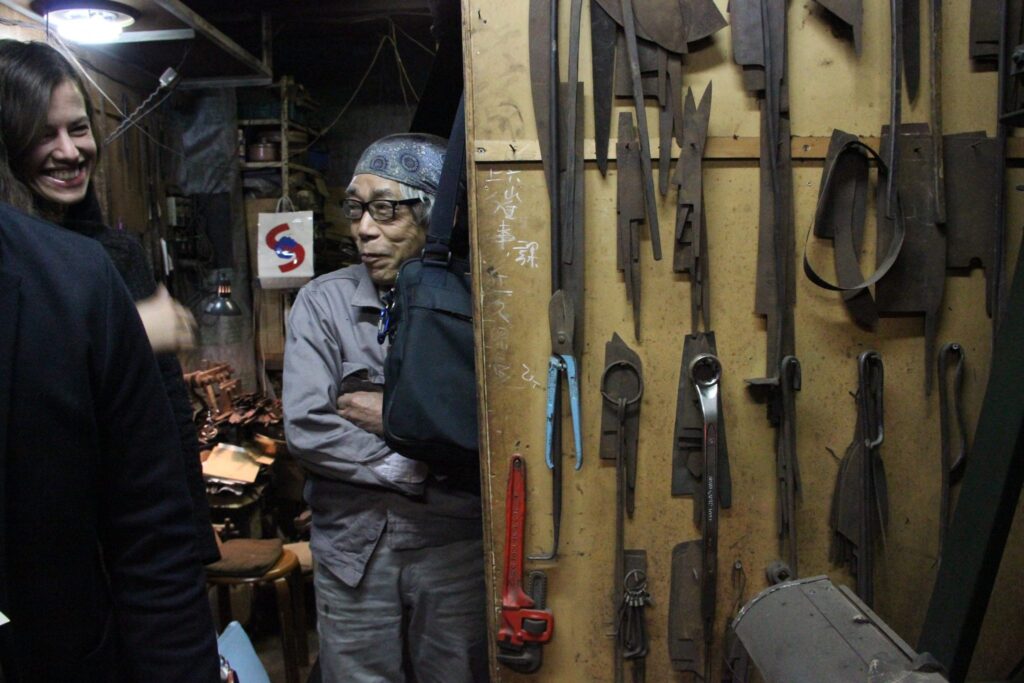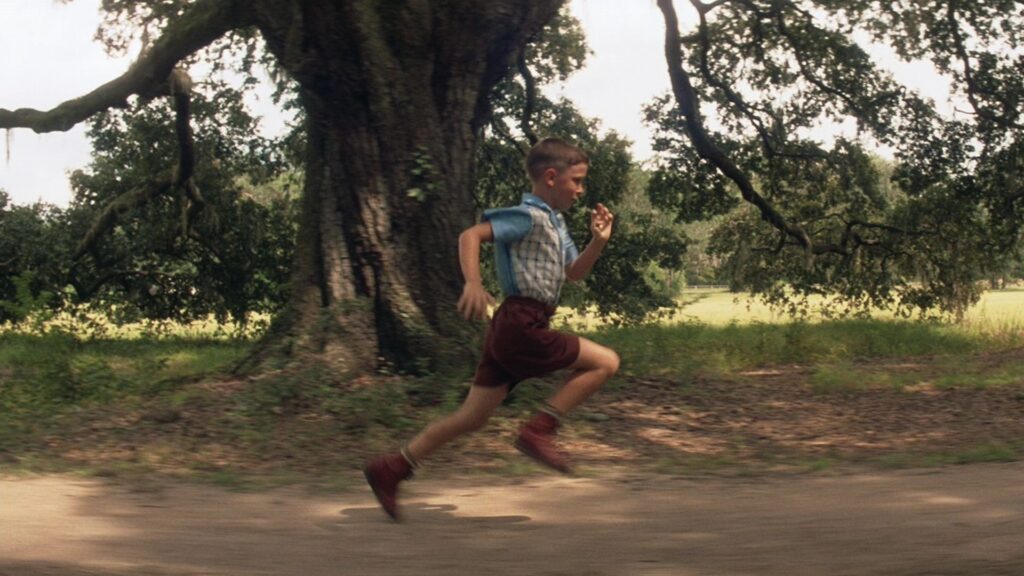There is this Serbian proverb that goes:
“While the wise men ponder, the stupid conquer the fortress.”
Sometimes it’s a blessing to be less conscious of what can go wrong. I’m sure you also have a lot of examples in your close network, where not despite the intelligence or self-consciousness, but precisely because the lack of it, people achieved their success building with no prior experience or know-how.
Being “ignorant” protects us from being prejudiced.
Just to be clear, by being ignorant I mean more of a naive unpreparedness rather than stubborn refuting the facts. Sometimes we start new projects or meet new people and do not fully know the hardships that may arise. Often, this means opportunities for rapid advancement that we did not expect, and we would have otherwise not undertaken.
Smart people are used to thinking about things before they act.
The complexity of the world we live in and number of factors that affect every decision, make it impossible to predict and plan everything. Sure, you may try gather all information available before making a decision, but there comes a point where more thinking becomes counterproductive. Playing devil’s advocate often makes you freeze and unable to take action. And sometimes moving forward is all you need to do, when time is limited and the opportunity may slip off quickly. The worst decision you can make is not making any decision. Most decisions are reversible, anyway.
What ifs
Some say that a person who does not know about a problem, does not worry about it.
Had I known how hard and lengthy will it be to land enterprise projects for Untrite, I would have sticked to what I know but was not so passionate about (banking, derivatives), did more consulting, made more £££ and slept peaceful at night. Instead, excited about new technologies and possibilities they present, with little preparation, reputation and limited network in the industry, I jumped head first. (I guess I’m just a bit SM 😃).

Had I known what I know now about how difficult it is to deal with super old-fashioned, traditional industries like Japanese blacksmithing, I would have thought twice before starting trading Japanese knives on Oishya, or at least I would have followed others’ advice to create an imaginary Japanese employee with no acting power, serving as a hook for our Japanese suppliers to lend a helping hand to their own man. It was out of question for me. Instead, I did lots of mistakes, had it the hard way, but learned along on how to operate in a totally culturally different market.

My point is that most of the successful business people I know are go-getters. They prefer to start before they have finished planning. Sure, you should make an informed decision based on data where available, but sometimes you just need to take action, e.g. when things are innovative and haven’t been tried before. Make mistakes, gain experiences, correct your plan of action and try again. Eat, sleep, act, repeat.
Personally I’d rather try many things and see if I like them and if they make me grow, than merely dream about it.
The Ignorance Bubble
Perfection and overpreparadness kill creativity process. Even Danny Crichton from TechCrunch once said, that entrepreneurs run on an alchemy of ignorance and amnesia that is incredibly important to experimentation.
Everyone knows that most startups fail. You can google the numbers.
The vast majority of early startup employees will never exercise their options, let alone become millionaires while doing it. Statistically, talented individuals are better off financially going into a profession or working at a large tech company, where pay is higher and more secure.
Probability distribution clearly shows that the company you start will almost certainly end up a failure. Yet, we focus almost exclusively on the successes and not the failures, because that is the model of what we want to become. We like the thrill of doing previously untried. Untrite our lives.
Was I not supposed to?

Good news is that low IQ is also not a blocker to achieving success. Based on a Ted talk The happy secret to better work, IQ correlates to about 25% to job success. The other 75% correlates to positive psychology factors, which suggests that “stupid people” with the right attitude have a much better chance of success than “smart people” with the wrong attitude.
Of course, success means different things to different people. In the end, it all comes down to finding and pursuing your thing in life, whatever it may be, and being able to achieve it. Stupidity doesn’t have anything to do with it. Proof of this is everywhere – in politics, sports, your workplace… in all walks of life you’ll notice there are people that make you wonder – how did they get there?
How to be purposefully ignorant
We need to embrace the culture of experimentation and failure. We need to get comfortable with not knowing and still going for it. We need to learn how to ask for forgiveness, not a permission (assuming we do things that do not harm others).
As a millenial coming from Poland and living in London, I’m the opposite to my family’s perspective, who has been thought by struggles in life while putting up with communism – where prevention, safety nets and precautionary measurements were being taken with each step. I try to say yes to an opportunity even if I’m only 60%-80% qualified. I am honest that I don’t know everything but I’m self-driven and do my best to catch-up.


![Start-ups and start-downs [Evoque Journey] louveciennes @flickr](https://hankka.com/wp-content/uploads/2013/09/bfast.jpg)
![What are you afraid of? [Evoque journey] Donnie Nunley @Flickr](https://hankka.com/wp-content/uploads/2014/02/12331672305_9d924d76b0_z.jpg)

